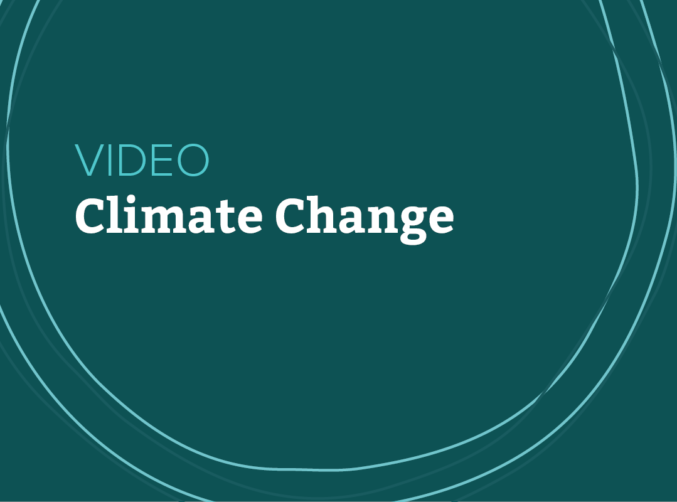This workshop brought together rural sanitation practitioners and researchers with experience of working on climate change (or of working in contexts with extreme weather events like floods, storms, droughts and scarcity, sandstorms and more).
The aim of the 2-hour workshop was to reflect on themes, needs, gaps and ideas regarding the rural sanitation sector’s response to climate change impacts
This is a continuation of work with the Institute for Sustainable Futures. A literature review concluded that most of the recent documentation on the subject focused on technology and that there was a lack of experience, research and guidance on how to support households and communities to prepare for and respond to climate-related impacts on sanitation.
This led to the publication of Frontiers 17 on Rural Sanitation and Climate Change which outlined ideas and strategies for making systemic changes through planning and implementing project delivery, enabling demand, changing behaviour, addressing social norms, monitoring and evaluation, and more at the local level.
Furthermore, it included suggestions to ensure that the voices of vulnerable people, households, and communities who are at the forefront of experiencing climate change impacts on sanitation would inform such rural programming. The SLH/ISF team is currently engaged in 2 case studies (Burkina Faso and Laos) that will put some of the ideas in the Frontiers into practice.
We convened this short workshop to brainstorm and reflect with experienced practitioners and experts on what is needed to move forward and build momentum in the sector.
This was a chance to both share and build our knowledge and capacity by learning from other rural sanitation experts engaging with climate change issues. It was an opportunity to co-develop cutting edge thinking on rural sanitation and climate change with other experts for sharing with the rest of the sector.
Workshop objectives:
- To build momentum around the issues associated with climate change impacts on rural sanitation
- To gain insights into the practitioners’ experiences, concerns, needs and ideas
- To connect those interested in the subject
- To hear from those engaged in this area how future SLH/ISF work on climate change could best support them
What actions are needed immediately?
In research and learning:
- Conduct formative research to understand existing and highest priority climate change-sanitation vulnerabilities at different levels (community, private, public), to address them appropriately.
- Include the collection of climate resilience data in routine monitoring by International Development Agencies and NGOs.
In practice and programming:
- Bring together climate change advocacy and WASH groups to deliver focused messaging.
- Build learning into programmes to learn from existing coping strategies and innovations, collecting evidence on what works, including existing local knowledge on responding to climate impacts.
- Think through opportunities to ensure people are prioritising sanitation during and after climate shocks.
- Integrate climate-relevant aspects in CLTS (community-led total sanitation) triggering, transect walks and other participatory behaviour change interventions.
- Consider climate vulnerability in pro-poor sanitation subsidies and support mechanisms, adapting existing programmatic strategies.
- Consider resilience as an ongoing process rather than an endpoint, and acknowledge resilience is heterogenous across different groups.
All stakeholders across the sector need to:
- Engage grassroots and local partners working in diverse (e.g. agriculture/livelihoods) aspects of climate resilience across sub-national regions within sanitation and hygiene programming.
- Build on existing local adaptive mechanisms and practices to minimise impact with support from local government, such as precautionary early flood warnings to communities, and responses around timely cleaning and reinforcement of facilities.
- Consider sanitation and hygiene related activities in the context of ecological systems and encourage thinking and action that sustain rather than destroy local natural systems (which are part of resilience) in the long term.







